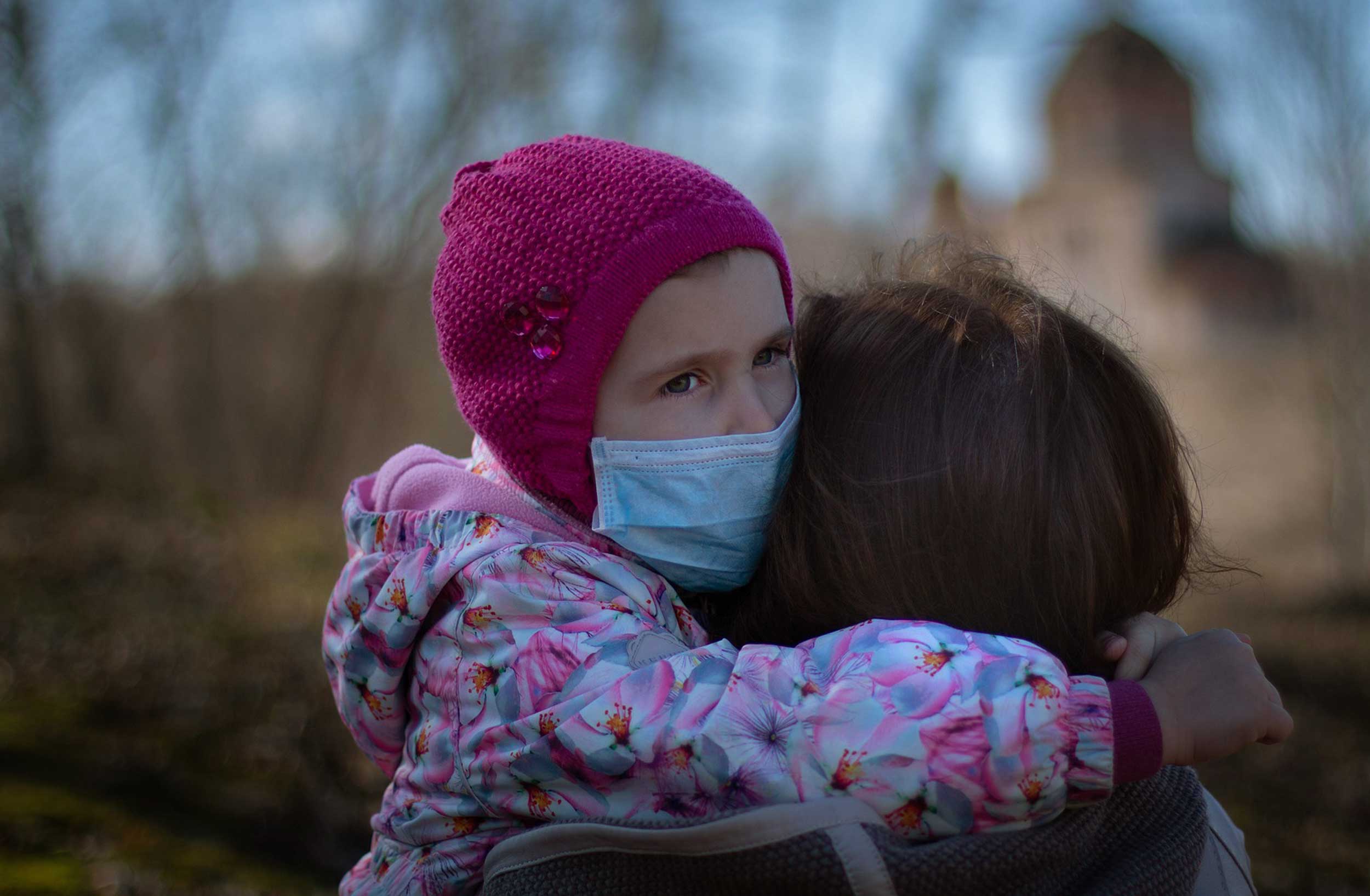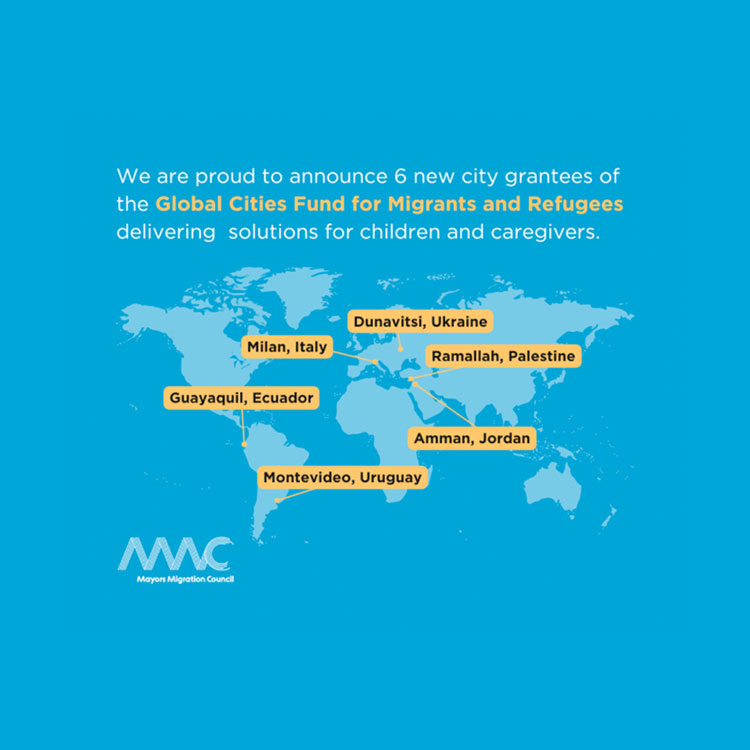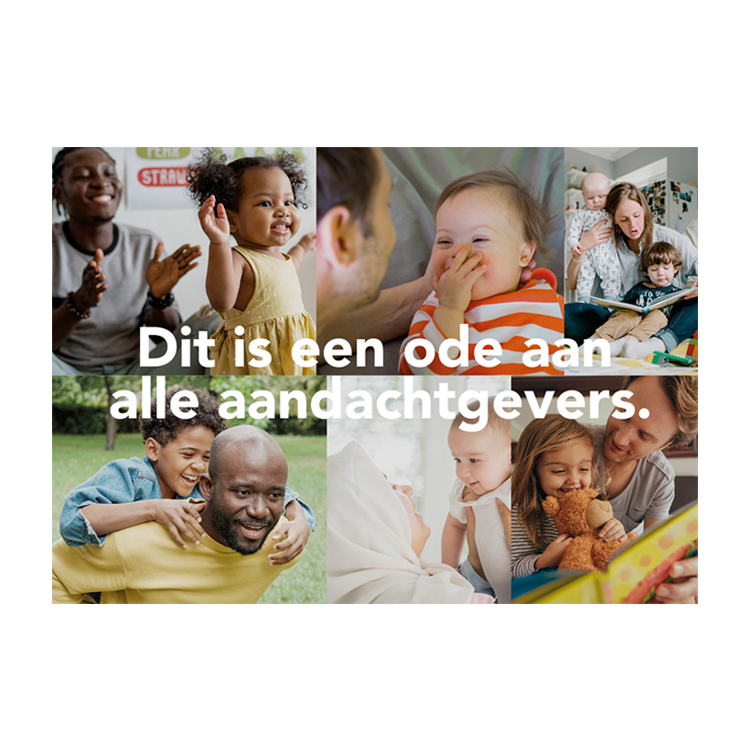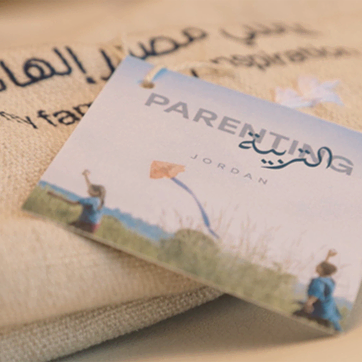
The Covid-19 crisis is hitting the most vulnerable people hardest — including babies, toddlers and those who care for them.
But ideas are emerging to support them, now and for the longer term. We’ve compiled three briefs:
- For treasuries and ministries of finance: Five ways Covid-19 economic recovery plans must invest in the next generation
- For health and social services and parenting programmes: Five ways health and social services can support babies, toddlers and the people who care for them through the Covid-19 pandemic
- For cities and local governments: Six ways cities can support babies, toddlers and the people who care for them through the Covid-19 pandemic and beyond
You can find our top ten recommendations further below.
Warmest thanks to the many partners and colleagues who shared insights and tips.
Why are babies and toddlers being hit so hard by Covid-19?
Babies and toddlers around the world are not getting the healthcare, nutrition, play and love they need to thrive. Especially at risk are children living in poverty, without documentation, or with special needs or health conditions.
- Caregivers are under stress from income loss and social isolation. Domestic violence is spiking.
- Locked-down children are missing outdoor play and interaction with others.
- Services from vaccinations to home visiting have been interrupted. Some may be targets for future spending cuts to repair public finances.
The effects — on children and their societies — will last for years.
What can we learn for our post-Covid society?
There is a bright side. The pandemic is shining a light on things that matter:
- Many people have gained a new appreciation of how important childcare is to a functioning society and economy.
- Families are finding new things to do with time together.
- Urban residents are experiencing life with cleaner air and fewer cars.
- Communities are stepping up to support and care for each other.
We have seen how governments can experiment and adapt — and that rapid behaviour change is possible.
These briefs share practical solutions to help babies, toddlers, their caregivers through the immediate impacts — then build a better, fairer society.
The world is changing quickly, and our ideas will evolve. We’d love to hear your ideas and feedback at info@bvleerf.nl.
Our top ten ways that leaders can support babies, toddlers and the people who care for them through Covid-19 and beyond
- Adapt and continue to provide early years health, nutrition, social protection and childcare services.
- Adapt and continue to provide parenting programmes — remotely, if necessary.
- Boost mental health services for people caring for young children.
- Invest in preventing and addressing domestic violence.
- Support families and households with young children with time and money (i.e. through paid care leave, flexible working and direct cash transfers).
- Ensure that emergency provision of essential urban services, such as sanitation, transit and public space, is directed to families with babies and toddlers.
- Ensure that economic recovery responses benefit — and don’t harm — families with young children.
- Invest in childcare as a sector: the backbone of the economy in every way.
- Make use of the wealth of new data being generated by the crisis and invest in data systems to better target vulnerable families with young children in future pandemics and disasters.
- And finally, for the advocates out there: let’s take this opportunity to join forces to advocate for two things that must be part of a post-Covid society where all babies can thrive to their full potential…universal paid childcare and shared streets for all.
Thank you to the following people who shared their insights with us and helped to inform our thinking so far:
ANU, Araceli Carmago (Centric Lab), Bernard Aryeetey (Clean Air Fund), Elliot Haspel (Robins Family Foundation and Author of “Crawling Behind: America’s Childcare Crisis and How to Fix It”), Gregers Tang Thomsen (Superpool), Institute for Transportation and Development Policy, Jane Burston (Clean Air Fund), Jeff Risom (Gehl), Joan Lombardi (Early Opportunities LLC), Karima Grant (ImagiNation Afrika), Lauren Rumble (UNICEF), Mahak Agrawal (ISOCARP), Megan O’Donnell (Center for Global Development), Mihaela Ionescu (ISSA), Orna Paz (Ministry of Education, Israel), Rasa Dawson (StrongMinds), Selva Gürdoğan (Superpool), Shira Gidor (Seminar Hakibuttzim), Simon Battisti (Qendra Marrëdhënie), Tarun Devora (WHO) and Tim Gill (Rethinking Childhood).



